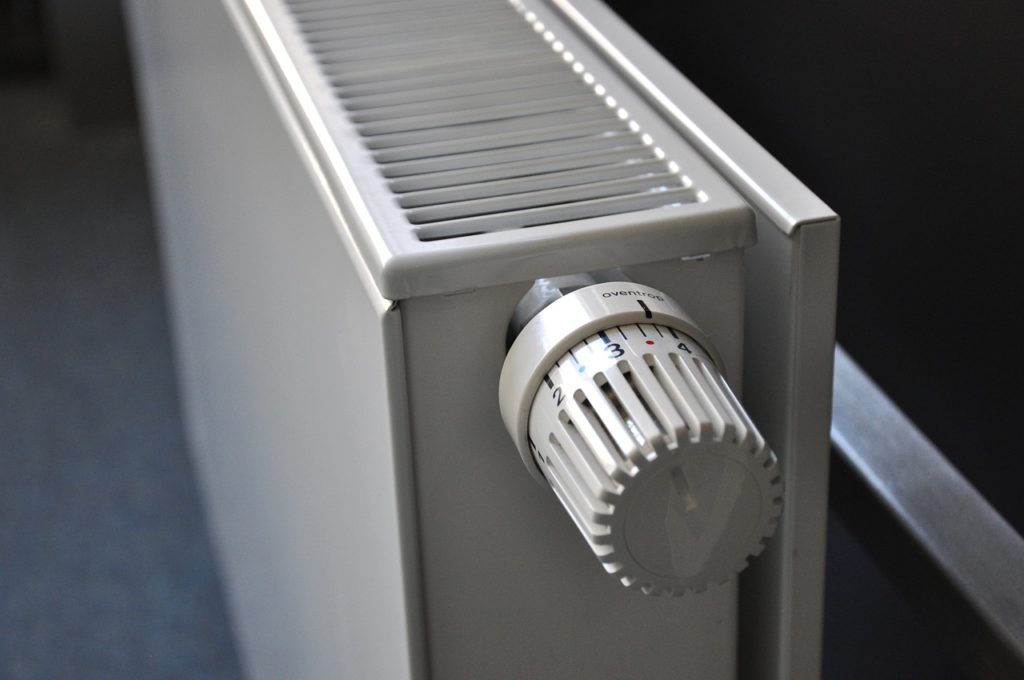Belgium’s conversion from lean gas to rich natural gas, which started in 2018, will be completed five years earlier than planned, Synergrid announced on Wednesday in a statement.
Instead of 2029, the federation of electricity and gas network operators has optimised its indicative timetable and now expects completion by 2024.
“Since 2018, the pace of conversions has been increasing every year to reach a peak in June 2021,” said Bérénice Crabs, secretary-general of the federation.
“Compared to the initial indicative schedule, larger neighbouring areas can be converted simultaneously, which translates into efficiency gains for the distribution system operators.”
Rich gas and lean gas are the two types of natural gas distributed in Belgium via different networks, according to Energuide Belgium.
“This difference does not have any impact on your bill, as your supplier bases this on the quantity of energy that you have actually used and not on the quantity of gas supplied to you,” explained Energuide.
Bills are broken down by kilowatts used per hour, not cubic metres of gas used. But customers currently using lean gas may have to have all their gas appliances checked - and possibly adjusted - by a qualified technician to ensure they can continue to operate correctly and safely with rich gas.
Related News
- Belgium could be producing too much electricity on 1 out of every 4 weekends
- Record year for new renewable energy capacity worldwide
Rich gas for Belgium comes mainly from Norway, the United Kingdom, Germany or Qatar, whereas lean gas comes from The Netherlands.
“As its name indicates, natural gas is not an industrial product but a natural one. Its composition varies over time and depends on the geological layers in the subsoil of the place of origin,” said Energuide.
The reason for the switch is that Belgium will no longer be supplied by an underground field in the Groningen region of the Netherlands, which, before the conversion process, supplied the country with five billion cubic metres per year.
“Gas reserves are indeed running out and so the Dutch government has decided no longer to supply to Germany, northern France and a third of Belgium,” Energuide said. “This will be done gradually until 2030. This will give all parties involved sufficient time to make the necessary adjustments.”
The transition process affects the distribution networks and connections of some 1.6 million private and industrial customers in the provinces of Antwerp, Limburg, Flemish and Walloon Brabant and the Brussels-Capital Region, as well as in a few municipalities in the provinces of Liège, Hainaut and Namur.
This optimisation has no impact on the already communicated conversion schedule for 2021 and 2022. Consumers affected by the conversion in 2023 will soon receive a first letter from their network operator.
Helen Lyons
The Brussels Times

